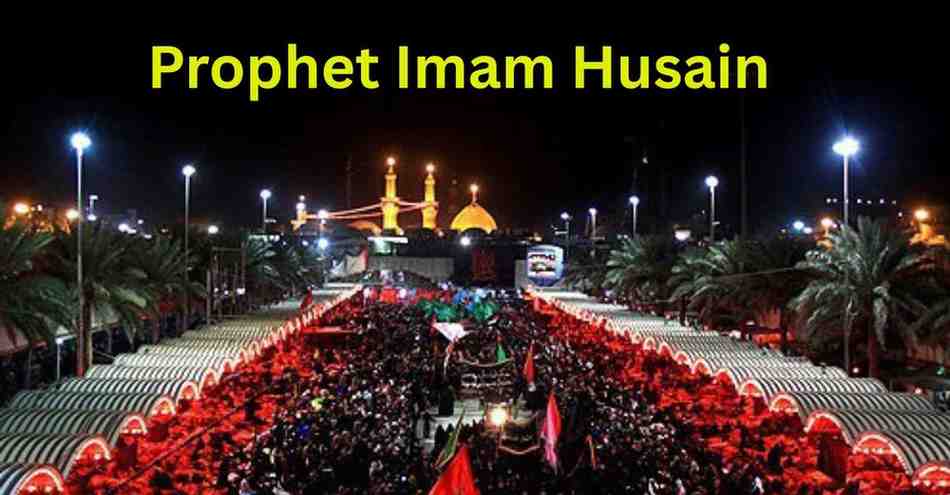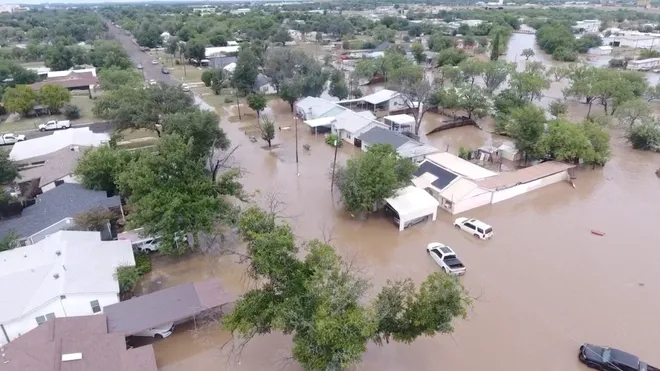The Legacy of Prophet Imam Husain (R.A): A Symbol of Courage, Truth, and Sacrifice
Prophet Imam Husain (R.A), the beloved grandson of the Prophet Muhammad (PBUH), is remembered throughout Islamic history as a symbol of unwavering faith, bravery, and sacrifice. His stand at Karbala not only defined the values of justice and truth but also reshaped the moral and spiritual consciousness of the Muslim world.
Early Life and Noble Lineage
Imam Husain (R.A) was born on the 3rd of Sha’ban in 4 AH (626 CE) in Medina. He was the second son of Hazrat Ali (R.A) and Hazrat Fatima (R.A), making him the direct descendant of the Prophet Muhammad (PBUH). From an early age, he was nurtured in the spiritual and intellectual presence of the Prophet (PBUH), who loved him dearly and often held him in high regard, calling him and his brother Hasan (R.A) the “leaders of the youth of Paradise.”
His Role in Early Islam
After the martyrdom of his father Hazrat Ali (R.A), and later the death of his elder brother Imam Hasan (R.A), Imam Husain (R.A) became the moral and spiritual leader of the Ummah. Unlike political rulers of his time, Imam Husain (R.A) did not seek power for personal gain but stood firmly for righteousness and the teachings of Islam.
The Rise of Injustice and Tyranny
After the death of Muawiyah, his son Yazid assumed power and demanded allegiance from Imam Husain (R.A). Yazid was known for his immoral behaviour and unjust rule. Imam Husain (R.A), being a man of piety and integrity, refused to pledge allegiance to a corrupt ruler, knowing that such submission would undermine the values of Islam and the legacy of the Prophet (PBUH).
The Journey to Karbala
When the people of Kufa invited Imam Husain (R.A) to come and lead them, he set out with his family and companions. However, the journey turned tragic when his caravan was intercepted by Yazid’s army and diverted to the barren land of Karbala. Despite knowing the grave dangers ahead, Imam Husain (R.A) chose the path of truth over compromise.
The Battle of Karbala
On the 10th of Muharram in 61 AH (680 CE), one of the most tragic events in Islamic history unfolded. Imam Husain (R.A), along with 72 of his loyal companions and family members, faced a heavily armed army of thousands. Surrounded, denied water for days, and facing unbearable heat, Imam Husain (R.A) refused to bow to tyranny. One by one, his brave companions were martyred, including his own sons, nephews, and beloved brother, Hazrat Abbas (R.A).
In the final moments, Imam Husain (R.A) stood alone on the battlefield. Exhausted, wounded, but steadfast, he offered his final prayers before being mercilessly martyred. His noble head was severed and sent to Yazid, but the truth Imam Husain (R.A) stood for could not be defeated.
The Aftermath and Spiritual Legacy
The tragedy of Karbala did not end with Imam Husain’s (R.A) martyrdom. The survivors, mainly women and children, including his sister Hazrat Zainab (R.A) and his son Imam Zain-ul-Abideen (R.A), were taken as captives to the court of Yazid in Damascus. Despite their suffering, they upheld the truth and exposed the tyranny of the rulers.
Imam Husain’s (R.A) sacrifice has become a timeless inspiration. For over 1,400 years, Muslims around the world commemorate Ashura, not merely as a mourning ritual, but as a renewal of their commitment to justice, honour, and faith. Scholars, poets, and revolutionaries alike have drawn strength from Karbala.
Lessons from Karbala
Imam Husain (R.A) teaches the world that:
- Truth must be upheld, even in the face of death.
- Compromise with injustice leads to the erosion of faith and morality.
- Sacrifice for the greater good is the path of the righteous.
- Standing firm in faith, no matter the numbers against you, is victory in itself.
Conclusion
The story of Imam Husain (R.A) is not just a historical event—it is a living legacy. He did not die in vain. His blood awakened the conscience of the Ummah, reminded Muslims of their duty to oppose oppression, and demonstrated the real meaning of leadership, courage, and sacrifice.
In the words of the great philosopher-poet Allama Iqbal:
“Shah ast Husain, Badshah ast Husain
Deen ast Husain, Deen Panah ast Husain
Sar daad na daad dast dar dast-e-Yazeed
Haqqa ke binaaye La ilaah ast Husain”
(Imam Husain is the king, the king of kings.
He is the faith, and the guardian of faith.
He gave his head but not his hand to Yazid.
Indeed, Husain is the foundation of La ilaha illallah.)






